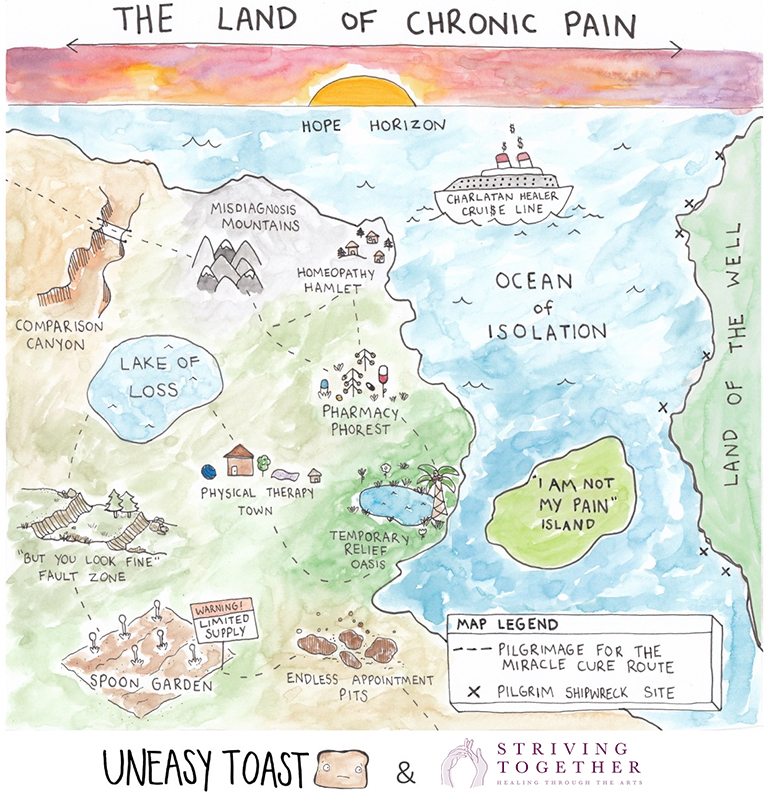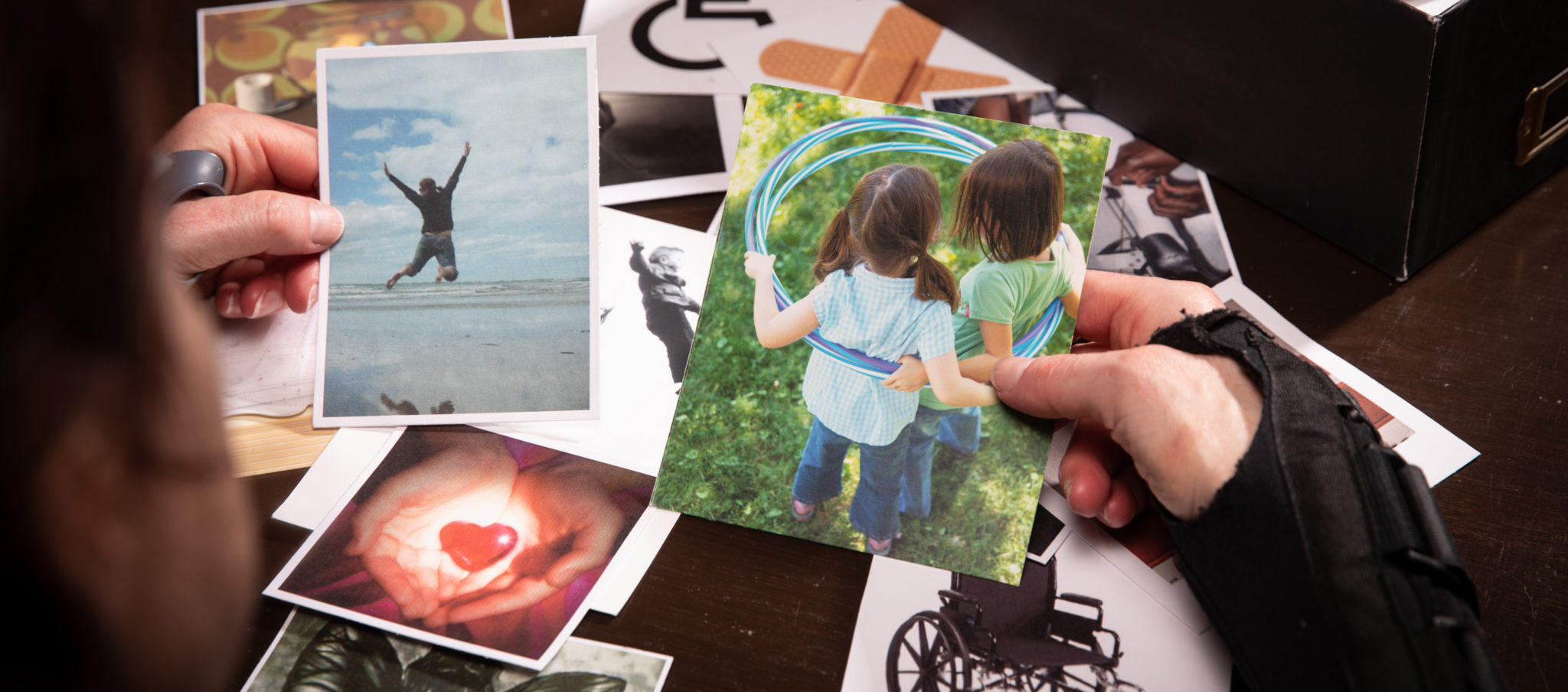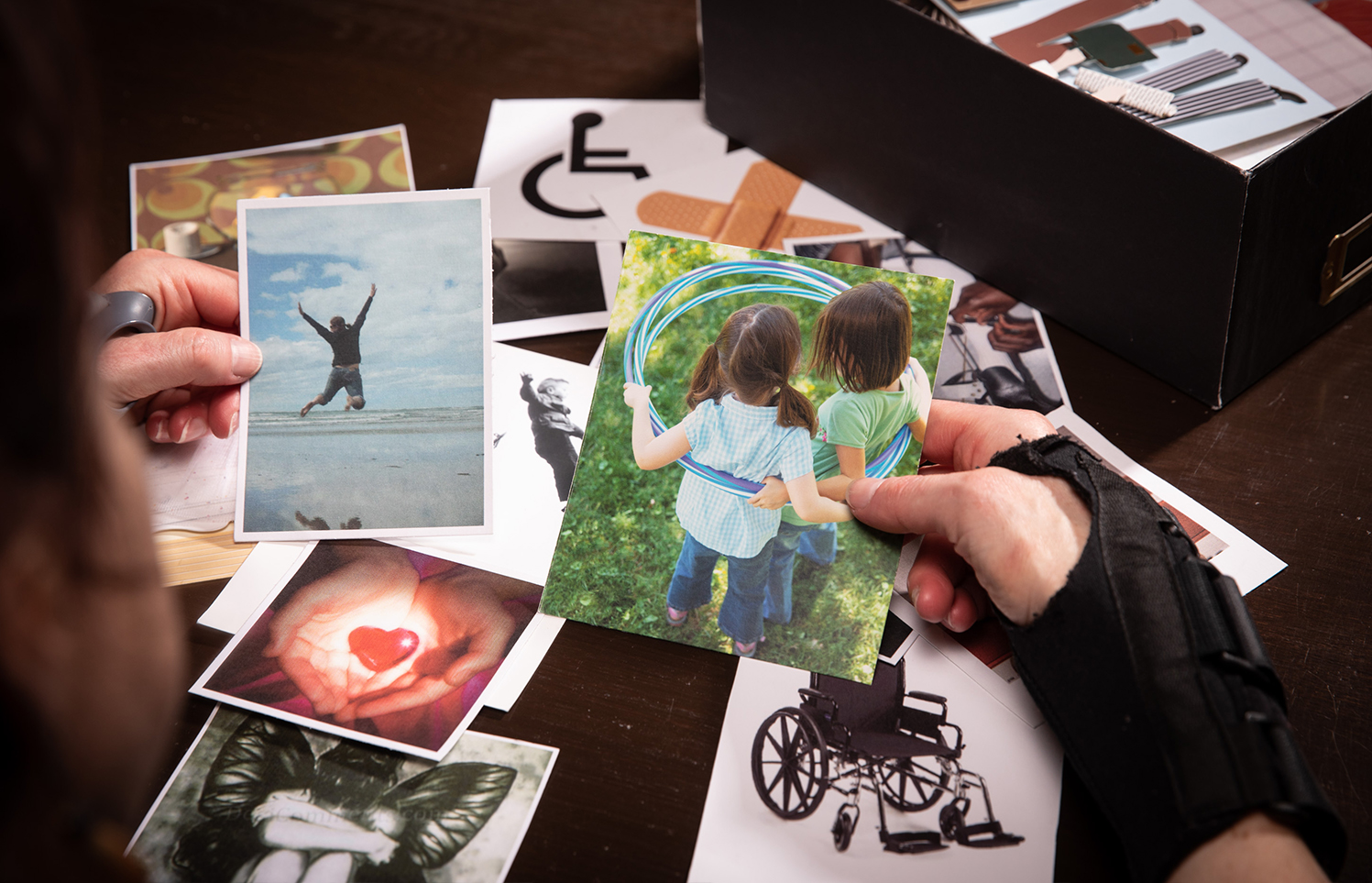Chronic pain and disability affect more than just your body.
Living with chronic illness, chronic pain and/or disability can be an isolating and overwhelming experience, but you don’t have to do it alone. I am passionate about supporting individuals who strive to live rich and fulfilling lives despite physical challenges.
Why seek emotional support?

Irritable Bowel Syndrome
Physical difficulties are typically accompanied by an emotional component. I offer individual sessions and Striving Together groups which focus on coping skills and improving your quality of life. In addition to individual support, groups work well to provide an encouraging, non-judgmental space to share and learn with others who are going through similar experiences.
Some of the following obstacles may cause individuals with chronic illness and disabilities to reach out for support:
- You have received a diagnosis which brings uncertainty into your life.
- You find yourself grieving the loss of your “former self.”
- You are struggling to accept your condition while still searching for ways to improve your quality of life.
- You are looking for practical resources in the community.
- You experience challenges with relationships and intimacy.
- You have difficulty connecting with family members and friends.
- You are interested in exploring a variety of traditional, spiritual and alternative tools to enhance your body, mind and spirit.
“Lindsay is a great group facilitator and comes to each art therapy workshop prepared with awesome projects. I found several of these activities to be very insightful, fun and a great way to express and process my emotions. Lindsay is very approachable, intuitive and caring.”
The benefits of emotional support


Arts-based emotional support can help you feel less isolated, regain a sense of hope and connect with community resources that can increase the amount of joy in your daily life.
Techniques include:
- Expressive arts
- Mindfulness meditation
- Guided visualization
- Journal writing
- Sharing of experiences and ideas
(Learn why art is so important to the healing process.)

In individual and/or group sessions, we will focus on:
- Feeling compassion for yourself and your body
- Learning to ask for and receive help
- Maintaining hope
- Managing life, work and relationships
- Understanding the way you are perceived and how you perceive yourself
- Coping with and reflecting on living in an “imperfect” body
The goals of emotional support are to:
- Build effective coping tools to take back control over your thoughts, emotions, behaviors and physical symptoms
- Learn to live a meaningful life that is not defined by your pain
- Address feelings of isolation and depression
- Acknowledge feelings of grief and loss
- Strategize ways to reduce individual and social anxiety



